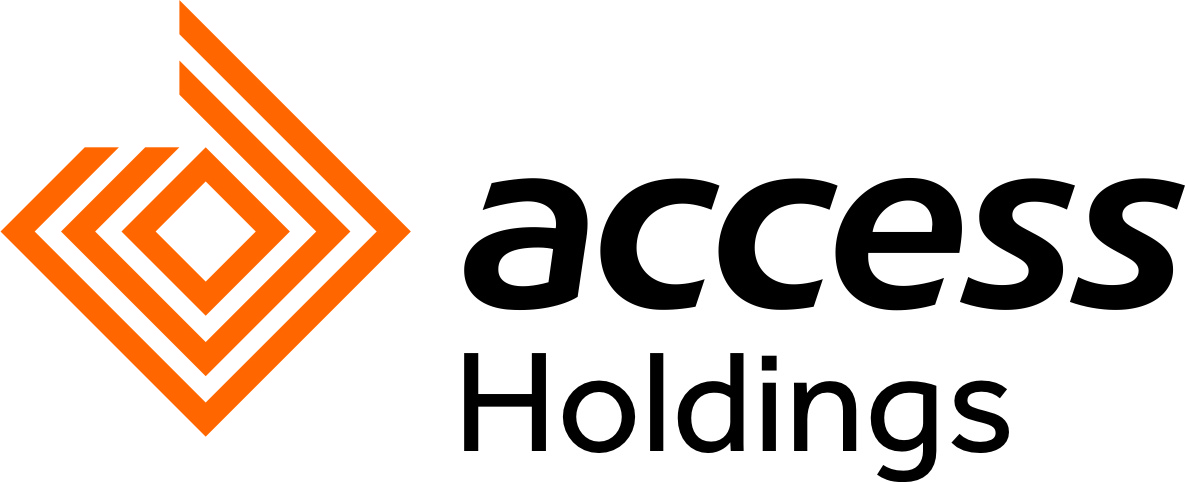
The Securities and Exchange Commission (SEC) has issued a directive to digital asset operators under its supervision, urging them to file suspicious transaction reports to combat money laundering. The move follows reports alleging the direct sales firm iCon Group laundered funds using USDT, a popular stablecoin. The Department of Special Investigation is probing the case and began seizing the company's assets.
There were reports some assets were transferred using USDT, raising concerns this could involve untraceable money laundering activities. Preecha Praipattarakul, executive chairman of Upbit Exchange (Thailand), said the SEC's letter last week requesting digital asset operators report any suspicious trades could indicate money laundering through digital asset exchanges. Mr Preecha said it is impossible to completely prevent money laundering through cryptocurrency trading, as digital exchanges primarily act as intermediaries in such transactions.
When investors convert cryptocurrency to cash, banks play a crucial role in processing those transactions, making collaboration among various agencies essential to ensure vigilance, he said. Mr Preecha said the Thai Digital Asset Operators Trade Association (TDO) is committed to working with the SEC to promote transparency in business practices. "In some cases, such as when money is laundered from abroad and subsequently transferred to a local digital asset exchange, often followed by immediate sales of crypto and withdrawals in baht, there is a suspicion of money laundering," he said.
"However, it is not necessary to sell through a local exchange. You can sell through offshore digital asset exchanges and withdraw the funds in cash." Jirapat Namtubtim, business development manager at GMO Z.
com Cryptonomics (Thailand), said money laundering via cryptocurrency represents about 1% of all transactions. The majority of illicit funds are still laundered through cash or other assets, such as real estate and gold. However, in the future there could be more money laundering through crypto as society becomes more cashless, he said.
"When news like this emerges, it can tarnish the reputation of crypto investments. However, we are committed to collaborating on investigations and enhancing our KYC [know your customer] practices by working closely with all parties involved in addressing money laundering," Mr Jirapat said. Att Tongyai Asavanund, president of the TDO, said he will work with members and the SEC, advising them to exercise caution.
While it may not be possible to prevent all risks, efforts can be made to mitigate potential damage, particularly through enhanced KYC verification processes, he said. The SEC also proposed the TDO implement measures to temper digital asset trading volatility, such as issuing warnings to investors when cryptocurrency prices fluctuate by more than 30% in a single day. According to TDO data, the value of digital asset trading reached 1.
67 trillion baht in 2023, up 94.2% from the previous year. In a related development, finance permanent secretary Lavaron Sangsnit said on Tuesday the extent of accountability for those involved in the iCon scheme depends on their intent in committing the offence.
He said holding the direct sales networks accountable, beyond the company owners who engage in fraudulent activities, requires examining the intent to deceive. The consequences will depend on how far this intent reaches, said Mr Lavaron. The Finance Ministry, which oversees the public fraud law established in 1984, may need to review the legislation related to direct selling to determine whether the law is still adequate or if adjustments are needed, he said.
The popularity of e-commerce has accelerated the direct sales volume, said Mr Lavaron..














